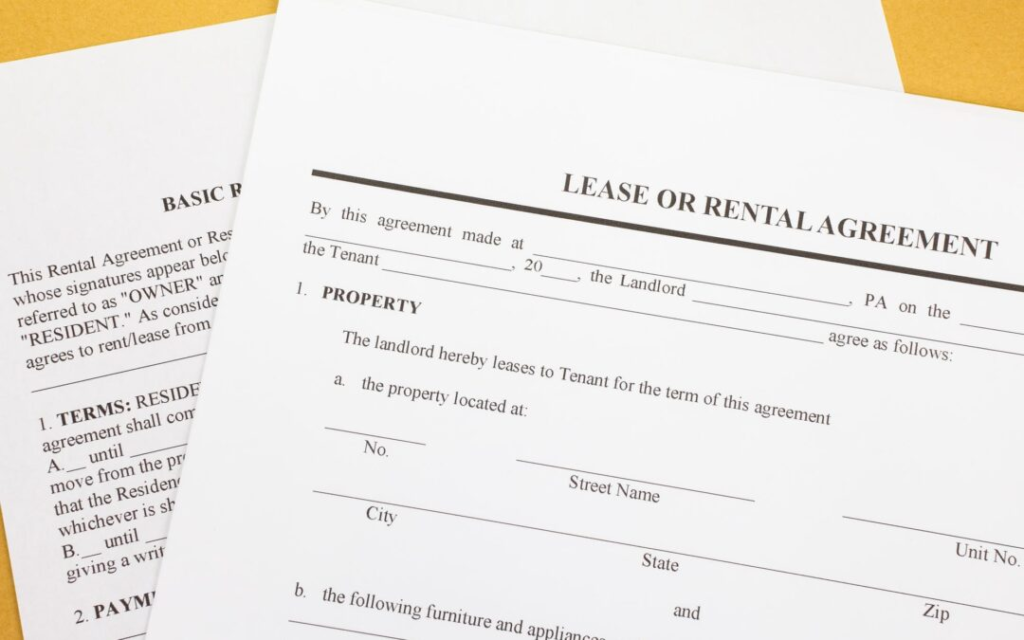In this article, we will delve into the world of commercial rent in New Jersey, exploring key aspects businesses need to consider when renting or investing in commercial properties.
We will address questions such as the average commercial rent costs across different areas in New Jersey, the types of premises available for commercial use, and the rights and obligations of both landlords and tenants.
Additionally, we will discuss the attractive features that make New Jersey an enticing destination for businesses, including its proximity to major markets, robust transportation infrastructure, diverse industry mix, economic incentives, and educated workforce.
Join us as we uncover the insights and solutions to help you navigate the commercial rental landscape in New Jersey.
Unlocking Potential: New Jersey’s Attractive Features and Average Commercial Rent Costs for Businesses
Discover the potential that New Jersey holds for businesses with its attractive features and competitive commercial rent costs. Here are key highlights:
- leverage the state’s well-developed transportation infrastructure, including an extensive highway system, international airports, and efficient seaports, ensuring seamless connectivity and logistics;
- explore the range of average rent costs for commercial spaces across New Jersey, offering cost-effective options to suit various budgets and requirements;
- embrace the growing trend of coworking space in New Jersey, providing maximum flexibility and collaborative environments for businesses of all sizes.
Unlock the potential of New Jersey’s attractive features and competitive commercial rent costs, opening doors to endless business opportunities in this thriving state.
Understanding Commercial Rent Law in New Jersey: Rights and Obligations of Landlords and Tenants
The rights and obligations are governed by tenant and landlord laws, which vary from region to region. In New Jersey, renters’ rights are protected by specific regulations. Here is a list outlining the key rights and obligations of landlords and tenants in New Jersey:
Tenant’s rights:
- Safe and habitable dwelling.
- Receive proper notice before any rent increase or eviction.
- Written lease agreement specifying the terms and conditions of tenancy.
- Privacy and protection against landlord harassment.
- Request repairs and maintenance to ensure a livable environment.
- Withhold rent or terminate the lease if the landlord fails to address serious issues.
- Return their security deposit within a specified timeframe.
Now, we should consider the landlord’s obligations. Among them are:
- Provide a safe and habitable rental unit in compliance with building and housing codes.
- Give proper notice before entering the rental property, except in emergencies.
- Address necessary repairs and maintenance promptly.
- Follow legal procedures for eviction, including providing notice and filing necessary documents with the court.
- Return the tenant’s security deposit, minus any deductions for damages or unpaid rent, within a specific timeframe.
It’s important for both landlords and tenants in New Jersey to familiarize themselves with the specific rights and obligations outlined in the state’s tenant and landlord laws to ensure a fair and lawful tenancy.
Understanding Rent Control: How Much Can a Landlord Raise Rent in NJ?
Rent increase in New Jersey is subject to specific regulations outlined in the state’s rent control laws. These laws vary depending on the municipality, as not all areas in New Jersey have rent control ordinances. However, for those municipalities that do have rent control, there are limitations on how often and by how much a landlord can raise the rent.
The maximum rent increase in NJ is typically tied to the Consumer Price Index (CPI), which measures inflation. Landlords are generally allowed to raise the rent annually by a percentage based on the CPI. This percentage can vary, but is typically capped at a certain limit, such as 4% or 5%.
Exploring Diverse Options: Find the Perfect Commercial Property for Your Business in New Jersey
When searching for commercial properties in New Jersey, there is a wide range of options available through platforms like CommercialProperties24. These properties cater to various business needs and can be leased for different commercial purposes. Here are some common types of premises that can be rented for commercial use:
- office spaces;
- restaurant and food service spaces;
- medical and healthcare spaces;
- coworking spaces;
- mixed-use developments.
These are just a few examples of the diverse commercial properties available in New Jersey. Potential renters should explore platforms like CommercialProperties24 to find the perfect space that aligns with their business goals and requirements.


